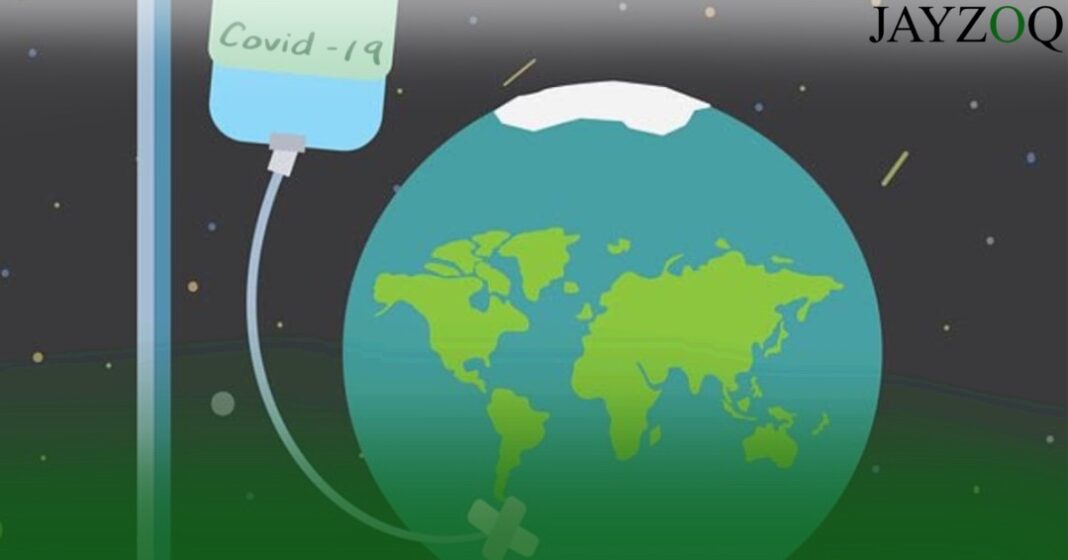Pollution of any kind is a menace to the entirety of the ecosystem. It is disastrous, not only to human health but to all species around the world. Environmental pollution has increased since the past few decades at an alarming level. According to the World Health Organization, a total of 7 million people every year, die due to air pollution exposure. Increased industrialization and transportation, along with numerous other factors are a leading cause for the destruction of the environment. A number of efforts were made by experts to aid governments in interpreting the severity of this condition and to cater to the earth’s needs. However these attempts were overlooked and as a result there was drastic change in climate in the form of deadly health issues, global warming and ozone depletion.
A chart showing health disorders due to pollution
Fast forward to 2020, the world has been challenged with a global pandemic: COVID-19. Due to its widespread nature, governments all over the world enforced lockdowns in the countries. Economies failed as industries were shut down due to lack of labor as everything and everyone had been barricaded. With people being limited to the safety of their homes, there was almost little to no transport on roads, air or sea, and no industries polluting the air. This sudden decline in air pollution was recognized on a global level which astonished people around the world and gave hope for the safety of Mother Earth.
Measurements taken from the European Space Agency’s Sentinel-5P satellite indicates that in late January and early February 2020, levels of nitrogen dioxide (NO₂) in cities and industrial areas in Asia and Europe were lower than in the same period in 2019, by as much as 40%.
NASA images showing levels of air pollution before and after lockdown
After the nationwide lockdown was announced in the UK, it was observed that the levels of NO2 went notably down by as much as 60% in comparison to the level of NO2 at the same time in 2019. Before the pandemic, carbon emissions from the UK were harmful and alarming as their levels were increasing every year. The carbon emissions elevated by a good percentage of about 3.1% from year 2017 to 2018; 2019. This proved to be a sigh of relief as the levels of carbon emissions lowered down by 2.9%. But what seemed like the greatest fortune for Earth is 2020, as levels of carbon emissions have dropped down by 17%. Decrease in carbon emissions to this extent means an ultimate decrease in global warming, a sigh of relief over ozone depletion, almost normal climate without any kind of severity, less respiratory, heart and other disorders.
To say that Covid-19 has proved to be a restorative for the environment wouldn’t be wrong. As a whole, levels of noise pollution decreased, cleaner water in the lakes and cleaner beaches have been a blessing for aquatic life. Quarantine during covid-19 concluded in the governments canceling flights for a few months, this means fewer planes in the air and ultimately a better community for the aerial life as well.
Betterment of the environment during a pandemic has made a majority of the people reconsider their lifestyle. Something that this pandemic has taught us is that sometimes, even the smallest activities that appear to be harmless, can have a long-lasting harmful effect on the Earth and its atmosphere. Need of the hour is that even when the pandemic is over, efforts should be made to cut off excessive use of fossil fuels as they have proved to be disastrous. Electricity and other renewable uses of energy should be used to make our environment safer.
The Earth is our only sanctuary and it is not beyond help, yet. The dire need to preserve our home should be our first priority. Hence, appropriate measures should be taken to reduce the threats which are currently posed at Mother Earth.







